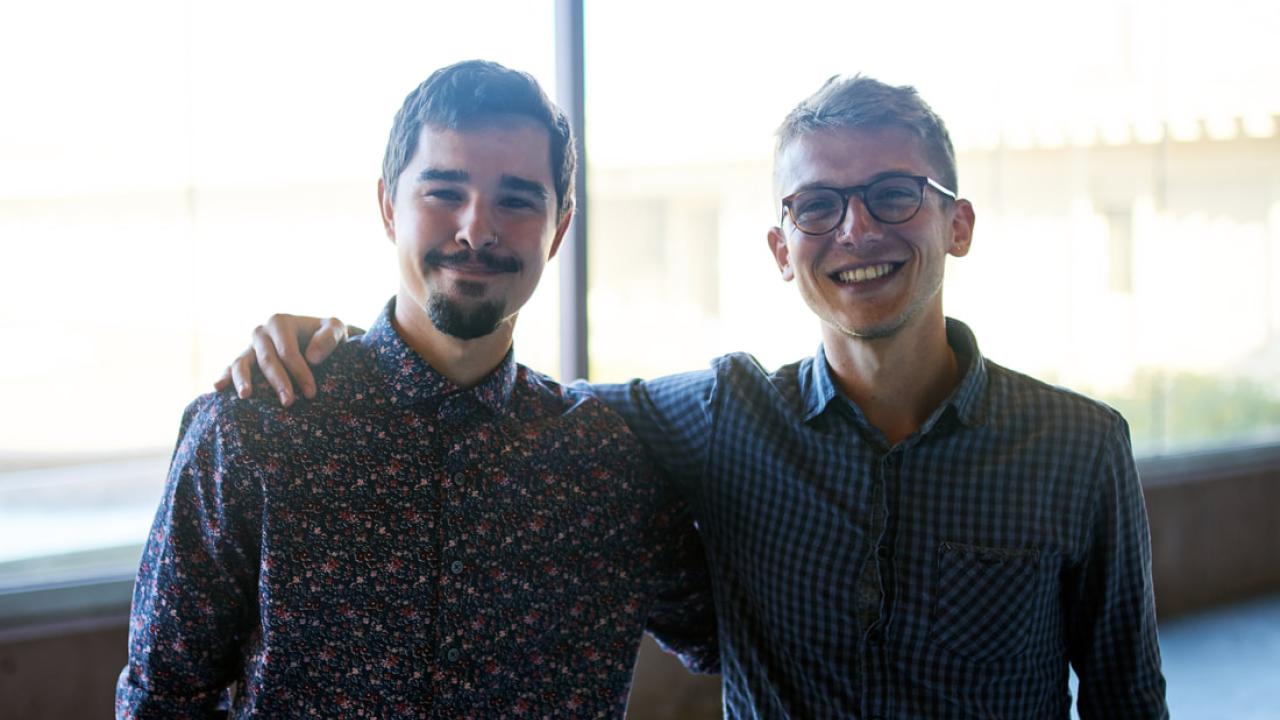
The Importance of Natural History and Experimental Design: a Summer in Tomales Bay
Daniel Lopez is a fourth year Santa Rosa Junior College student applying for transfer this Fall. He worked with Ben Rubinoff in the Grosholz Lab.
From visiting the Monterey Bay Aquarium, to going out to the coast as a kid, I have always had an interest in marine biology. There is so much that isn’t known about the ocean, and up until this point, I had never really gotten an in depth experience on how research is performed in this field. Due to my interests and desire for more experience, I saw this internship through the Santa Rosa Junior College and I immediately gravitated toward it. I wanted to get a better understanding of what it would be like working in research, especially in the field.
I worked with Ben on research investigating how abiotic and biotic factors affect fouling community composition across an estuarine gradient. In assisting Ben with this experiment, I learned just how important it is to study and understand these communities. Some fouling species live on eelgrass blades, which can then weigh the plant down and restrict access to sunlight. This could be detrimental to the whole ecosystem!
I helped to build the cages for the experiment and set them up in three locations in Tomales Bay. For the next several weeks we maintained the cages and conducted eelgrass surveys along each site to monitor eelgrass health and to see what kind of fouling species there might be at each site. Working with Ben has helped me to get a feel for what it is like doing field work. I learned just how many factors you have to take into account when conducting an experiment and also the preparations needed before starting it. For example, you need to make sure you have the right permits, know the tidal schedule, know what the site looks like, and make sure you have all the necessary equipment. I also learned about how to bridge the gap between data collected in the field, what it represents, and how to interpret it. This involved learning how to efficiently organize raw data so that it can be easily interpreted by others. Overall I am thankful to have had this opportunity and to be a part of this program. The experience and skills that I gained this summer will prepare me for future research opportunities and a career in marine science.
